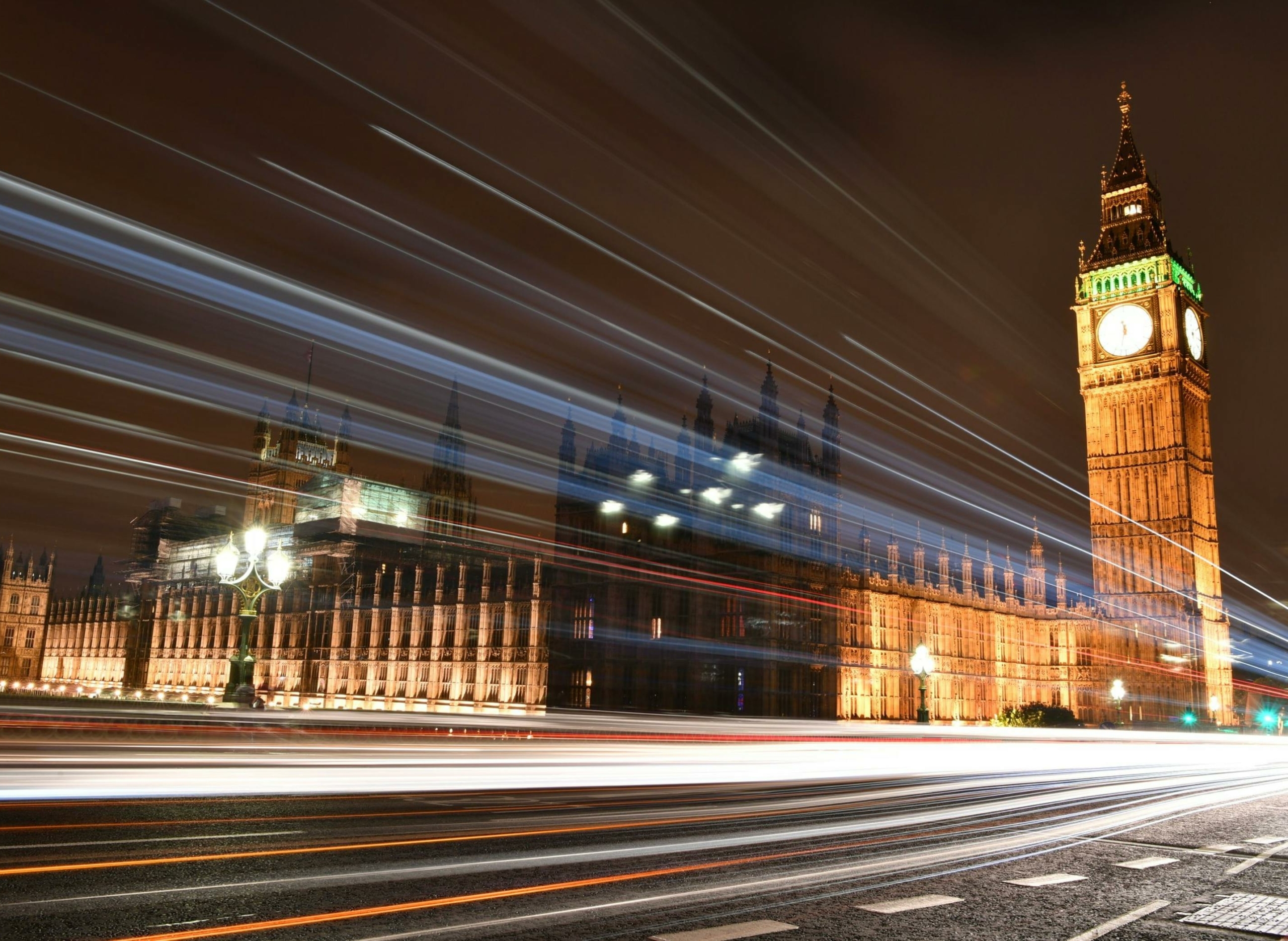
In its first 100 days, the Labour government has set the tone for its ambitious plans to reshape the UK’s energy landscape and tackle pressing environmental challenges. So far, they’ve hit the ground running. But what exactly have they done in the energy and environment space?
Green energy initiatives: onshore wind, solar farms, and beyond
One of Labour’s first big decisions was to lift the de facto ban on building new onshore wind farms to boost renewable energy generation. They’ve also given the green light to three major solar farms that had been blocked by the Conservatives. On the contrary, the new government has made a bold statement by putting its foot down on issuing new North Sea oil and gas licenses. Taxes on current activities in that sector will rise, and some tax reliefs will be scrapped, as part of a bigger strategy to reduce the UK’s reliance on fossil fuels.
Labour has launched Great British Energy too – a state-owned company tasked with investing in and managing clean power projects. It will work with the private sector to co-invest in emerging energy technologies (such as hydrogen and tidal power) to make them competitive with more mature technologies.
Another big focus is upgrading the National Grid. The government has pledged to connect 40GW of offshore wind to the grid by 2030, but there’s a catch – the current grid infrastructure simply can’t handle that much power. In response, they’ve committed billions to upgrading the grid, with more investments on the horizon.
Plus, £22 billion has been pledged towards Carbon Capture Usage and Storage (CCUS) technology with a focus on setting up carbon capture hubs in Merseyside and Teesside. Emissions from energy-intensive industries will be captured, transported and stored underground.
Cleaning up our waterways
Labour has wasted no time in taking action on water pollution, a major concern in recent years. They’ve introduced the Water (Special Measures) Bill, which gives the regulator, Ofwat, new powers to hold water companies accountable. Here’s what’s changing:
- Water company executives can now be held personally responsible for legal breaches.
- Bonuses will be banned if companies fail to meet environmental standards.
- New rules on real-time monitoring of sewage outlets will come into play, with strict fines for violations.
This is just the start, with more legislation in the works aimed at fundamentally transforming the water industry and restoring the UK’s rivers, lakes, and seas.
A push for green finance
Labour is aiming to position the UK as the ‘green finance capital of the world’. Their plan includes developing a Green Taxonomy, which is intended to act as a tool to provide investors with definitions of which economic activities should be labelled as ‘green’. However, while this has been announced, the timeline for consultation and development remains unclear – though it’s likely they will look to align with the EU’s more developed plans.
Challenges ahead: planning reform and housing retrofits
While the government has made notable strides, some serious challenges lie ahead. One of the biggest hurdles will be overhauling the planning system to encourage investment in energy infrastructure. To really succeed in their clean energy mission, Labour needs private investors on board – and right now, there’s uncertainty in planning laws that could scare them off.
Labour’s manifesto pledged £6.6 billion over the next few years to upgrade homes with green retrofits, doubling what the previous government committed. However, according to the National Retrofit Investment Calculator, fully upgrading the UK’s housing stock would require closer to £60 billion over a decade – not £6.6 billion over five years. Balancing these figures will be crucial to delivering results that people can see and feel in their homes.
The big picture: Labour’s green ambition
Labour’s first 100 days have been marked by bold moves towards a cleaner, greener future. However, the road ahead is filled with tough decisions, particularly in balancing clean energy projects with the need for planning reform and private investment.
All eyes will be on the upcoming 2024 Autumn Budget to provide further clarity on how Labour plans to bridge remaining funding gaps, especially for large-scale infrastructure projects and energy efficiency retrofit.
Feel free to contact us at IFF Research if you need insights to support energy or environmental policy. You can read more about our work in this area here.